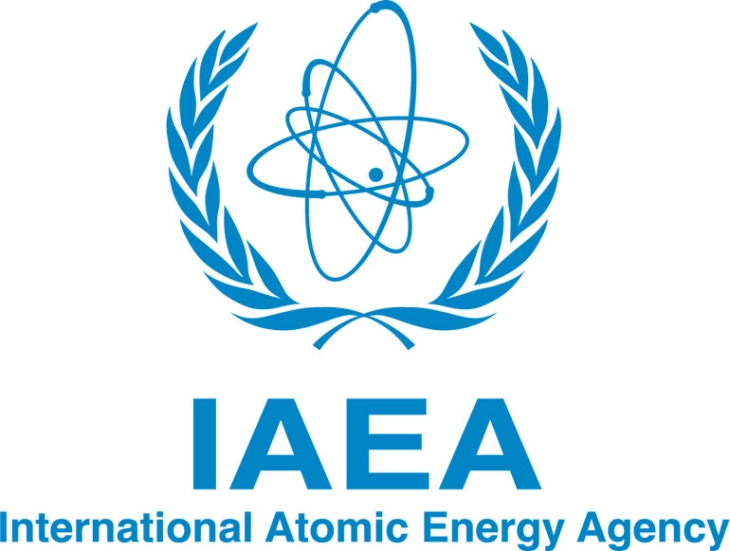IAEA calls for safe zone to prevent nuclear incident at Zaporizhzhya

Vienna/Kiev, 6 September 2022 (dpa/MIA) - The head of the UN's nuclear agency called for urgent measures to prevent an accident at Ukraine's Zaporizhzhya plant, including the establishment of a "safety and security" zone.
The International Atomic Energy Agency (IAEA) is "gravely concerned" about the "untenable" situation at the Russian-occupied complex in southern Ukraine, Director General Rafael Grossi wrote in a report.
There is an urgent need to not only stop the shelling of Europe's biggest nuclear power plant but to also establish a "safety and security protection zone" around it, he continued, arguing it would alleviate the risk of a radioactive leak and further damage to the sprawling site.
A 14-member IAEA team led by Grossi travelled to Zaporizhzhya last week after months of negotiations in order to analyse the security situation and establish a long-term presence there. Two IAEA experts are now permanently at the site, which houses six nuclear reactors.
Grossi's report said, among other things, that Russian armoured vehicles were stationed in turbine halls, which could pose a safety threat if they are not withdrawn.
Repeated artillery fire, for which Kiev and Moscow blame each other, had damaged roofs of storage facilities for radioactive material. In addition, part of the radiation measurement system is currently not functioning.
Zaporizhzhya's Ukrainian employees - who have been working under the control of local Russian military commanders since March 4 - were enduring unsafe and stressful conditions, the agency director warned.
"This is not sustainable and could lead to increased human error with implications for nuclear safety," he wrote. Grossi's report listed several examples of staffing shortages. For example, the plant fire brigade now comprises only 80 staff, instead of the normal 150.
Grossi wrote that the Ukrainian operating staff is sometimes prevented by Russian forces from entering areas of the plant, like water intake areas.
The Vienna-based IAEA also expressed concern about interruptions in the plant's off-site power supply, which has been lost "fully or partially" on several occasions. The electricity line to the plant are used to keep critical functions, like the cooling systems, operating.
"Off-site power is essential for the continued safe operation of the plant," the director's report said, recommending that a backup power supply line be put in place.
Hours before the IAEA report came out, renewed artillery fire led to a power outage in Enerhodar, the closest town to the plant.
Both the Russian-appointed occupation authorities and the mayor, Dmytro Orlov, who fled the city, confirmed the incident.
According to the occupation representative Vladimir Rogov, there are said to have been seven impacts in the area of the power plant training centre. Nevertheless, one reactor is to continue supplying 150 megawatts for the cooling systems' own needs, he said.
On Monday, the Ukrainian power plant operator Enerhoatom had first announced that there had been an emergency shutdown at the sixth and last unit still in operation.
Later, however, Kiev informed the IAEA that the power plant's electricity needs would continue to be met by an operating reactor after a forced disconnection from the Ukrainian grid.
Russia's Defence Ministry on Tuesday accused Ukraine of shelling Zaporizhzhya with artillery 15 times in the past 24 hours. In return, Kiev repeatedly blames Russian troops for attacks on the site. The claims of both sides cannot usually be independently verified.







